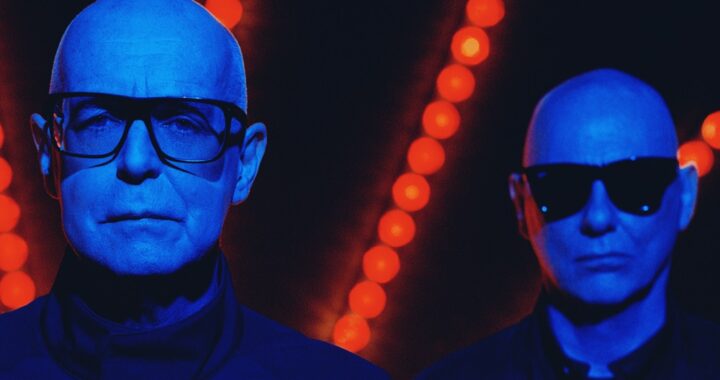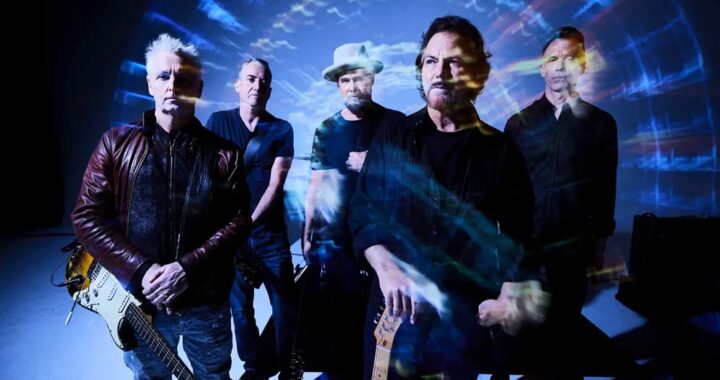Album Review: White Arrows – In Bardo
2 min read
American psychedelic pop-rock band White Arrows’ sophomore album, In Bardo, marks a milestone. It marks the first time the band spent a continuous period of time on recording an album in one studio (at Los Angeles’ The Tube).
 By contrast to its haphazardly recorded 2012 debut Dry Land is Not A Myth, the band’s sophomore album was undisrupted by touring. Produced by Jimmy Messer, In Bardo’s oscillations between darkness and light reflects its title, named after the Tibetan word for an ‘in-between state’.
By contrast to its haphazardly recorded 2012 debut Dry Land is Not A Myth, the band’s sophomore album was undisrupted by touring. Produced by Jimmy Messer, In Bardo’s oscillations between darkness and light reflects its title, named after the Tibetan word for an ‘in-between state’.
The deadpan beats punctuated by trap-like cymbals, hoo-hoos and power guitar chords make I Want A Taste far from a ‘safe and warm’ opener. Instead, it is a rather murky, grouchy affair. Fortunately, the groovy, instant toe-tapper We Can’t Ever Die brings things alive, thanks to the hard-hitting ‘we are energy’ chorus, bouncy guitars and quirky, shaky computerised synths.
The despair briefly returns on Nobody Cares (the first song written after the band’s tour), which sounds exhausted with its stop-start beats and claustrophobic vocal mix including creepy low growls. The unsettling mood ultimately gives way to a pleasant, hopeful bridge, (despite the line ‘never become myself’ recited over and over) and the insistent ‘you can’t stop, you can’t stop’ hook on Can’t Stop Now. Leave It Alone charges with its eccentric, percussive, Pixies-like chorus backed with fuzzy, distorted guitars (think The Beatles’ Fixing a Hole) softened by watery synths.
The album then takes a turn towards the paranoid. Frontman Mickey Church’s vocals are particularly creepy on the shaky, repeated ‘it’s gone’s and are overdriven on the following track Get By to the point that they dampen the impact of the catchy chorus. The smiley bass of Devil’s Chimes allows it to stroll at an easygoing pace, before the drum machine grinds to a halt and guitars screech for just a tad too long.
The band completes its transition towards the light on the piano-backed Chill Winston, whose repetitive, sugary ‘suffering’ hook is so lovely that listeners wish it would never end. God Alert closes the album in two parts. The first half is stripped back industrial, with metallic synths, other swirling keyboard parts and demonic guitar licks that recall a bit of Muse’s Madness. The perkier, slow disco-pop of the second half however is not quite as memorable, as its wordless, vocoder-assisted chorus is a bit inane.
For the most part, White Arrows’ second album harmoniously combines the occasional edgy psychedelic touch with mostly catchy tracks. Despite the odd moment where it is a bit too much, there are some worthy singles that should show off the band’s strengths.



